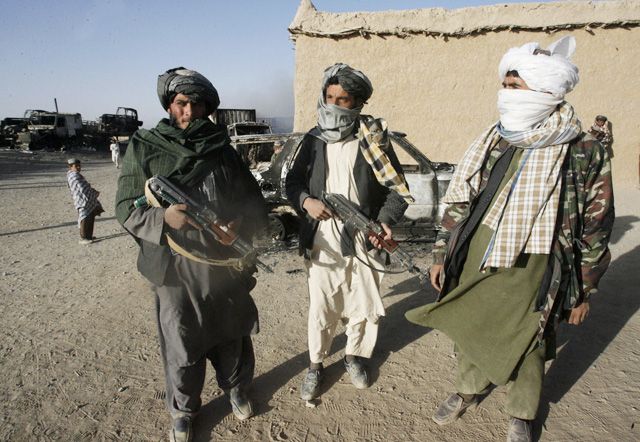The explosion left more than 100 people dead. Meanwhile, across the border, the Afghan Taliban claimed responsibility for an audacious attack in the heart of Kabul, in which 11 people were killed, including five foreign UN staff members.
With these brutal bombings, militants have underscored their ability to wreak havoc even in the face of all-out military offensives against them on both sides of the border. In the light of these, claims by the governments in Islamabad and Kabul that they have the upper hand in the war against the Taliban ring hollow.
While the attack in Peshawar seems to be aimed at denting public support for the army's offensive, the assault in Kabul had the stated goal of scaring Afghans away from voting in the run-off election scheduled for November 7. The Taliban have vowed more bloodshed in the days leading up to the polls; the international forces and the government in Afghanistan will do well to take their threat seriously.
Providing adequate security for its citizens is a primary concern for Pakistan. Traditionally, in counter-insurgency warfare, public support for the government increases when it is seen to be winning. Unfortunately, with over 300 civilian and military deaths this month, this does not appear to be the case for Pakistan. Islamabad must further tighten security, especially in the densely populated urban areas, to prevent this kind of carnage against innocent civilians.
Clinton said, "For months, families have endured sweltering heat and evenings spent in the dark, without appliances or televisions or computers … [and] blackouts prompt an increase in crime". But the scale of the crime being faced by Pakistanis seemed to be lost on her.









